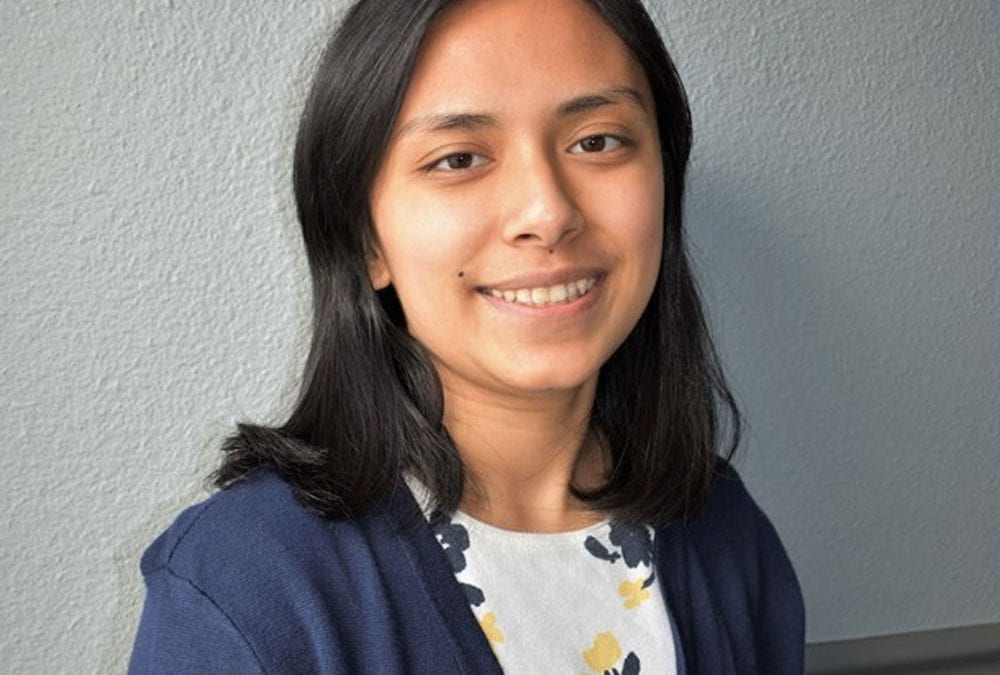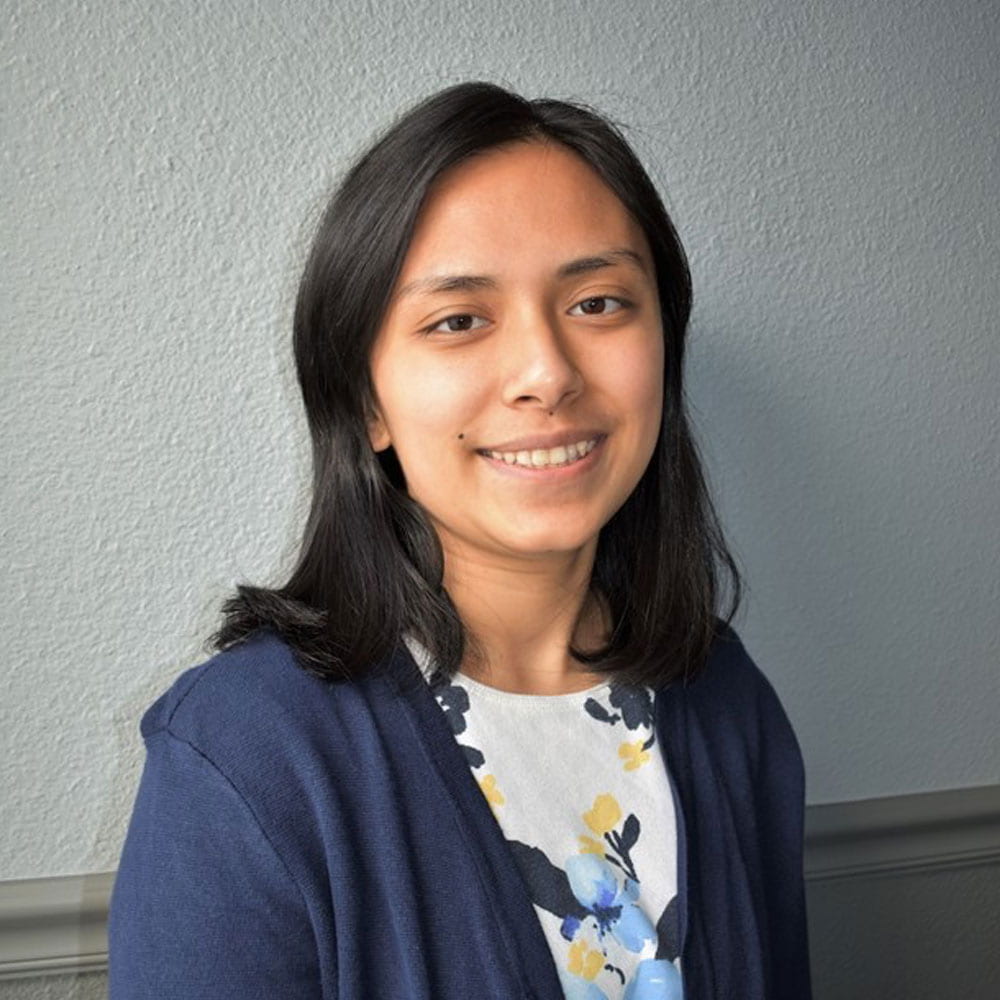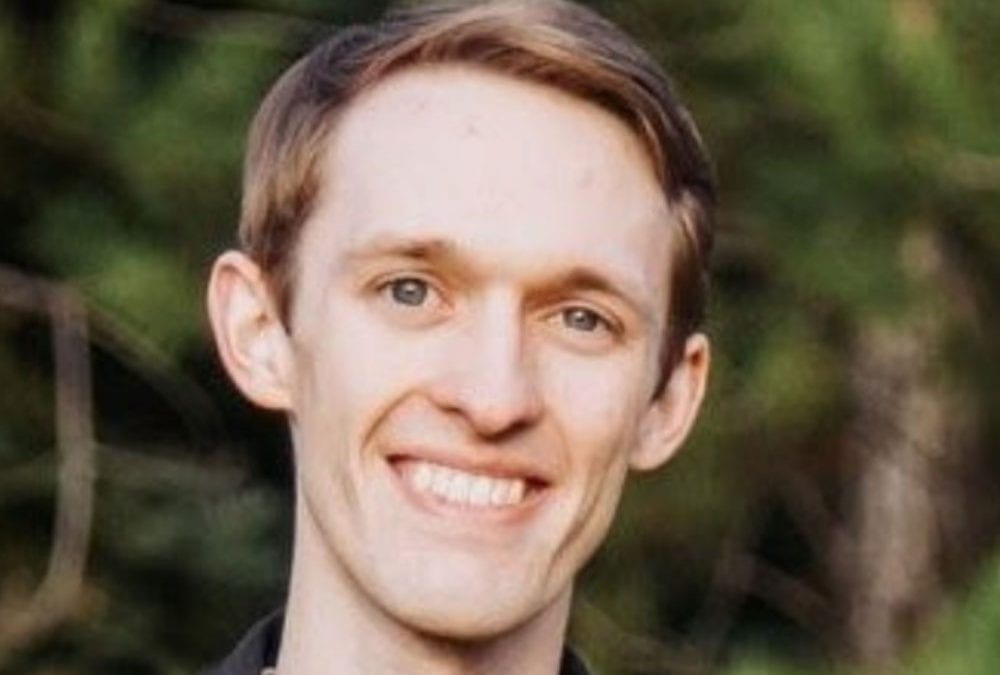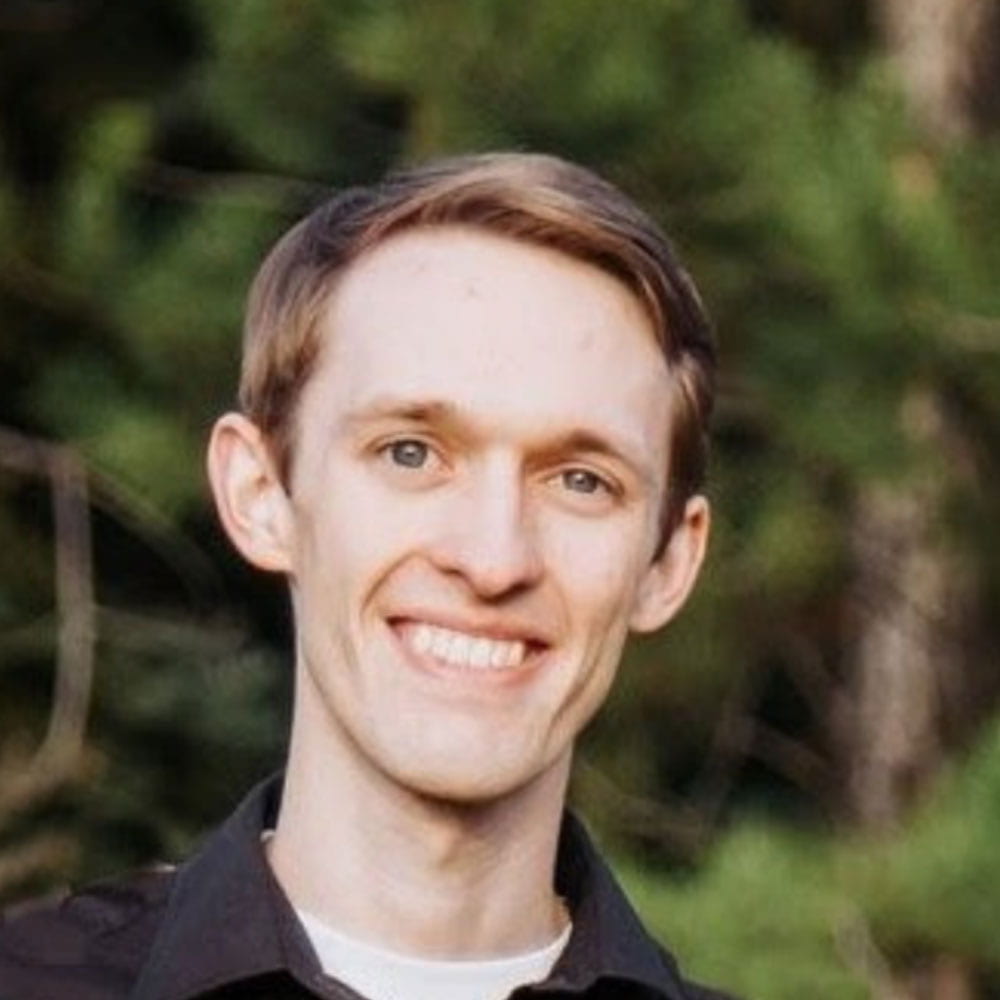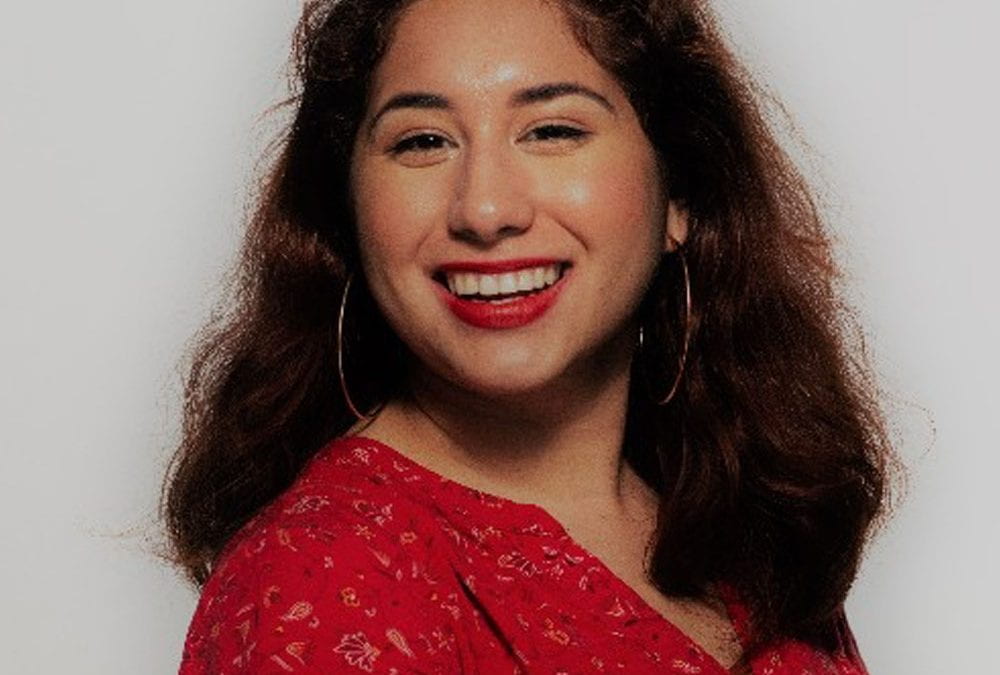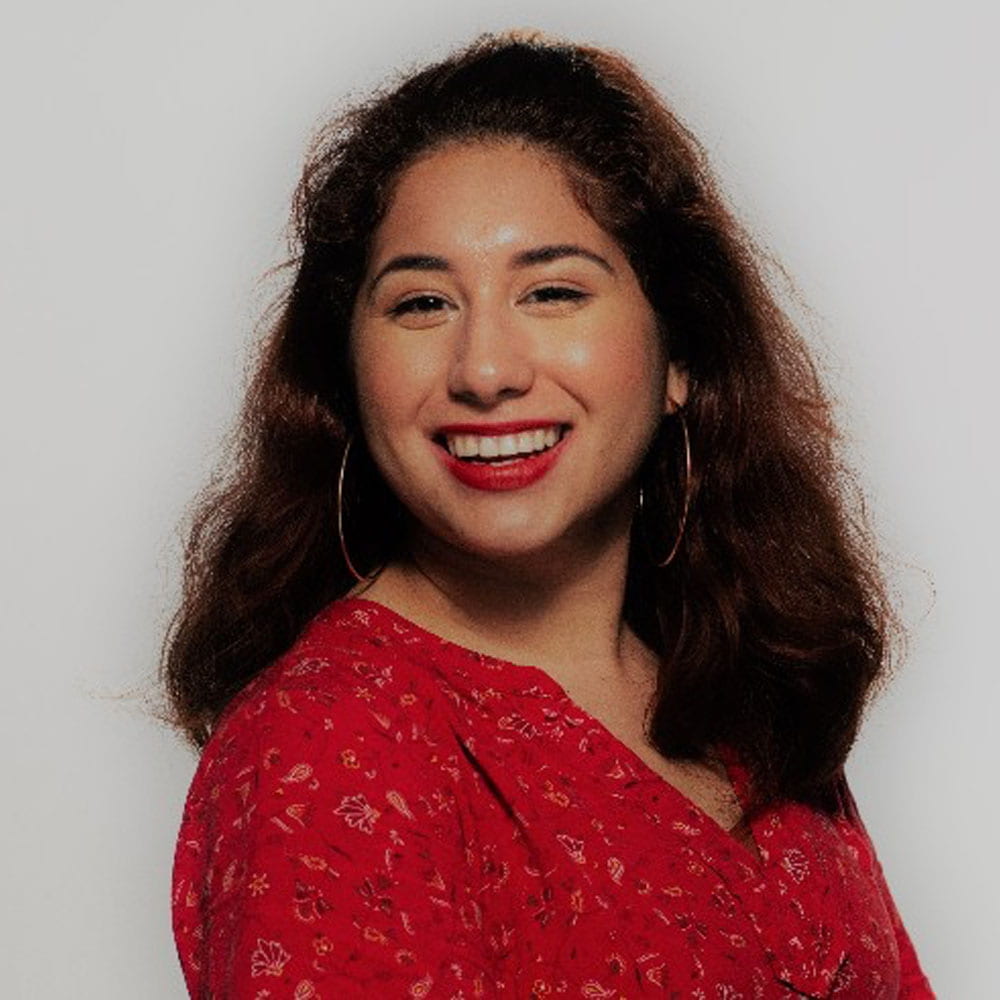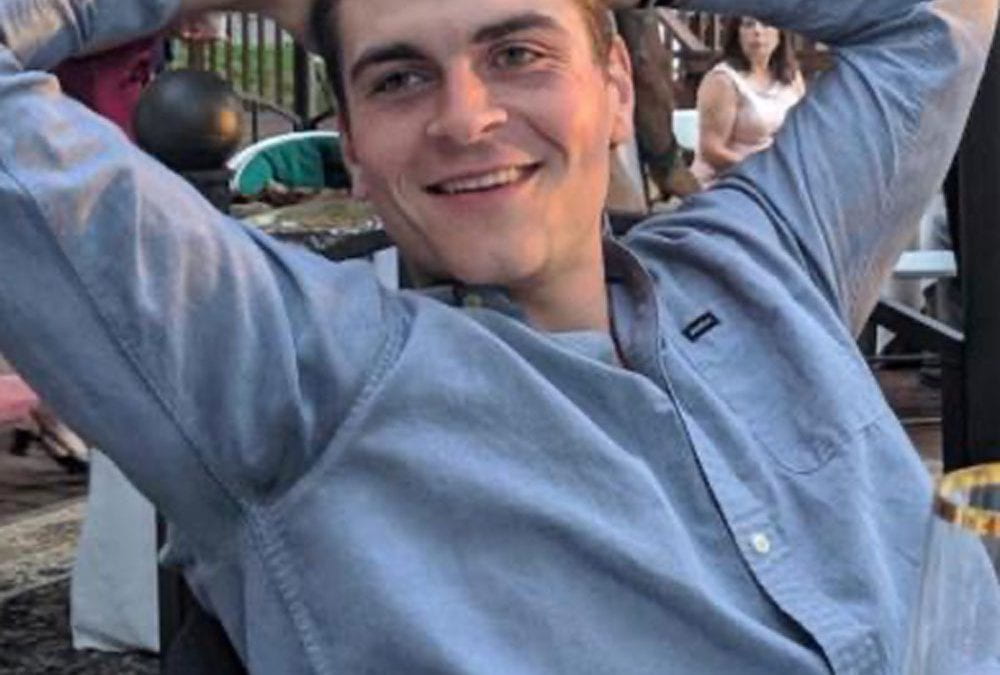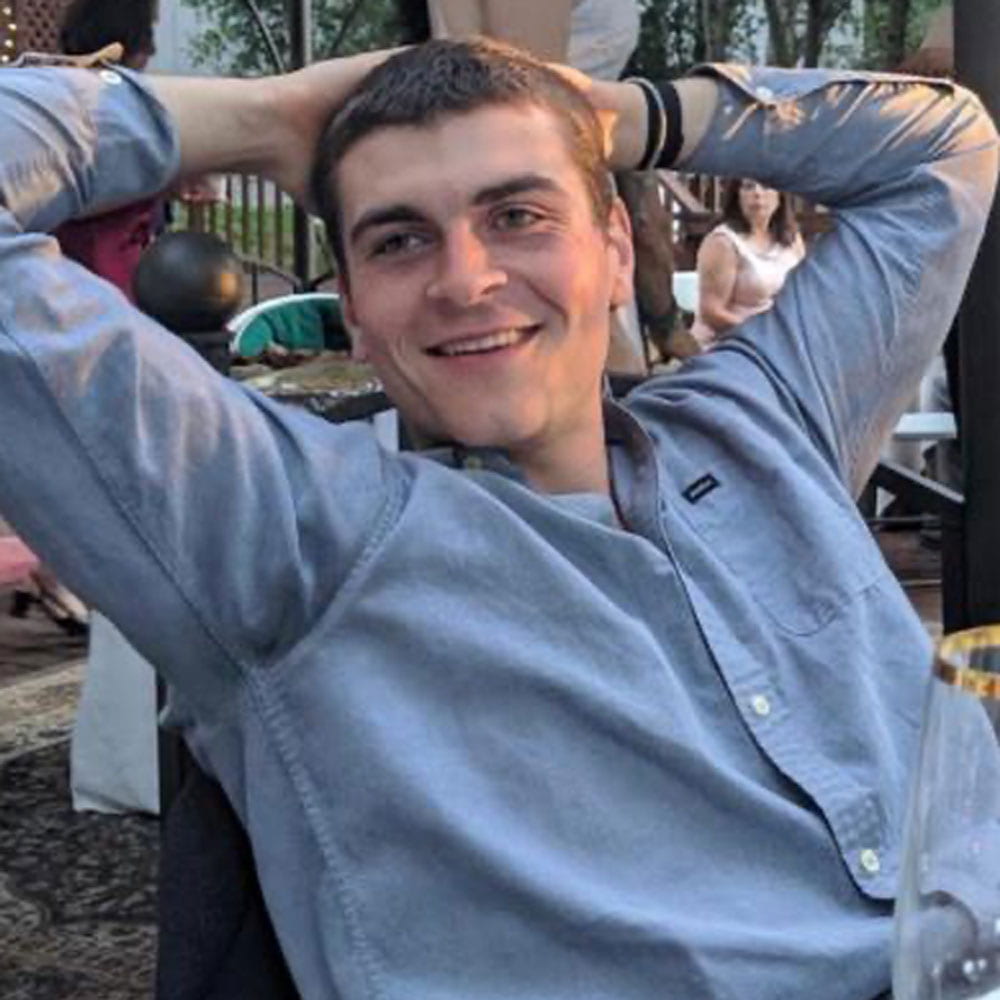
Diji Yang – NLP Alum

In anticipation of celebrating the Five Year Anniversary of the NLP MS program, we recently caught up with alum, Diji Yang, class of 2022. After graduating from the MS program, Diji contiuned his educational journey at UC Santa Cruz in the CSE PhD program, focusing on machine learning. As part of his PhD journey, Diji is currently a Student Researcher at Google Deepmind. Read on to learn more about Diji’s research in NLP, and how the MS program played an important part in his journey.
I joined the PhD program at UCSC directly after completing the NLP MS, so in my case, I believe the research opportunities I had during my master’s were more important than any single course. The program made it easy to connect with CSE faculty who are working on NLP research, allowing me to collaborate on projects and gain hands-on research experience. These collaborations not only strengthened my skills but also helped me to get recommendation letters. The research exposure and faculty mentorship during my MS played a key role in preparing me for a PhD study.
Overall, I enjoyed every class in the NLP MS program, but I found NLP 244 particularly helpful. Professor Dilek Hakkani-Tür dedicated a lot of time to discussing cutting-edge research papers, which was invaluable in a rapidly evolving field like NLP. Staying up to date with state-of-the-art advancements gave me a strong foundation for conducting timely research. On the other hand, NLP 270 was one of the most interesting courses for me. Professor Pranav Anand made the entire learning experience engaging and dynamic (The workload was light, but the learning was highly rewarding). This course covered theoretical linguistics, which led me to think more critically about traditional NLP approaches. It also inspired me to explore linguistic and cognitive science perspectives, complementing my research to go beyond “LLM-only.” This broader perspective has heavily influenced my current research and continues to shape how I approach NLP challenges.
During my MS experience, many professors provided me with tremendous support. In addition to the two professors I mentioned earlier, Professor Xin Eric Wang guided me in publishing my first paper, and my current advisor, Professor Yi Zhang, offered valuable advice on my research at that time. I am especially grateful to Professor Jeffrey Flanigan, who provided a solid foundation in NLP concepts through the 201 series courses. Moreover, my independent studies with him gave me valuable research experience in theoretical NLP, which laid a strong foundation for my current applied NLP research.
Right after entering the PhD program, defining my research direction was my first challenge. During my MS, I had the opportunity and support to explore a broad range of topics within NLP and AI. However, PhD study requires a more focused and in-depth direction, which meant I had to find the right balance between an impactful, feasible, and personally interesting topic. That being said, during my time in the NLP program, I explored various areas—from more theoretical/fundamental topics like representation learning to application-driven projects such as dialogue systems and visual question answering; just to name a few. This broad study helped me identify the areas I am truly passionate about.
Outside of research, I enjoy bartending, playing golf, and spending time with my cat. Bartending is a creative outlet for me—I love experimenting with flavors and techniques, which, in some ways, makes me feel similar to problem-solving (good intuition and creativity in a reasonable way are the keys). Golf kind of clears my mind outside of academia. And of course, having a cat means there’s always a little chaos and entertainment at home, which keeps life interesting!
Yes, it helped a lot! Its location helped me, especially in securing internships. The first internship is often the hardest for students, but being close to Silicon Valley gave me a unique advantage. I was able to land a part-time opportunity during the regular school quarter, which would have been much more competitive if it were a summer internship (given that many good candidates from all over the US or even abroad are looking for summer interns at the Bay). Since both the school and the job required on-site work, the local availability significantly reduced competition.

